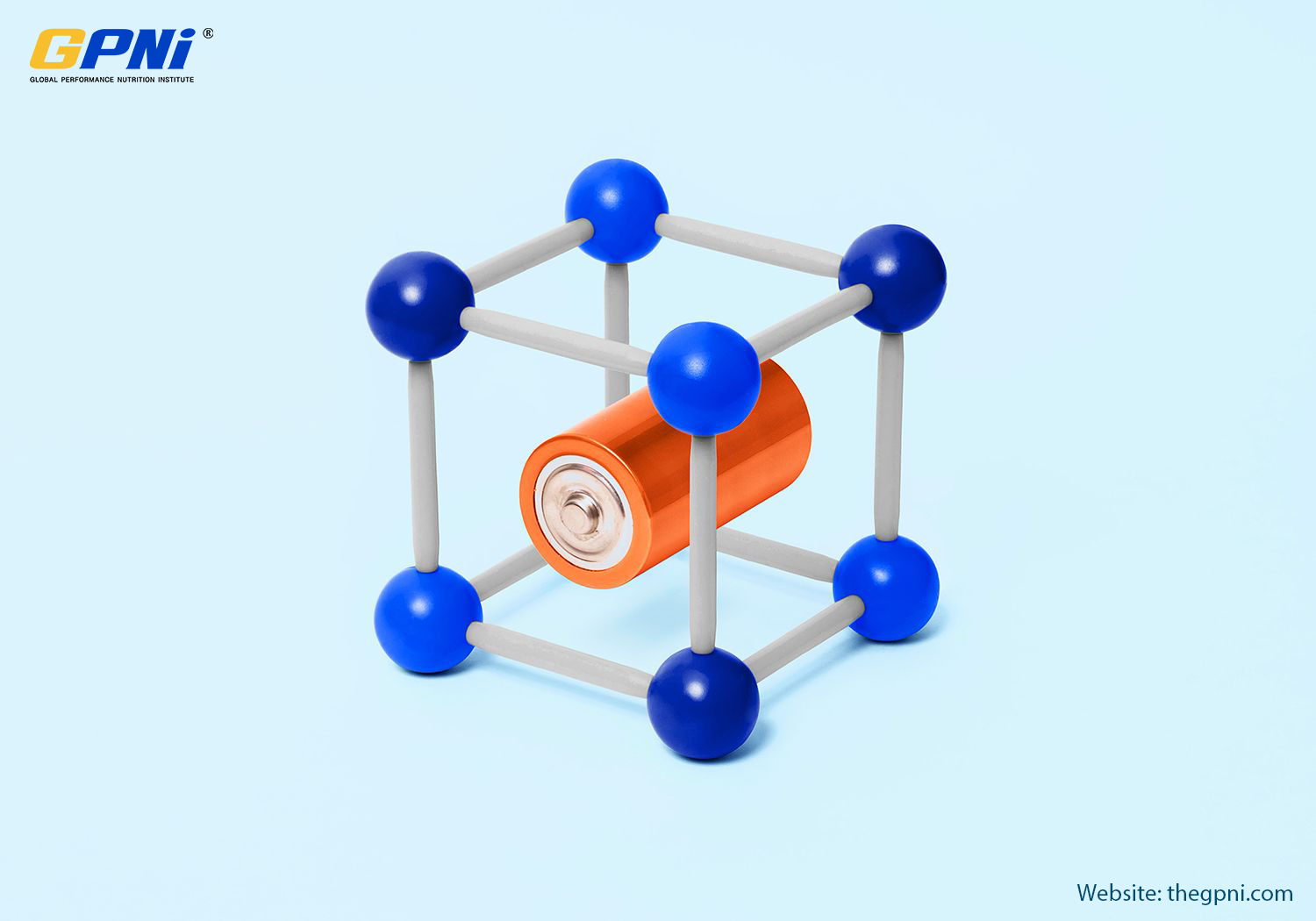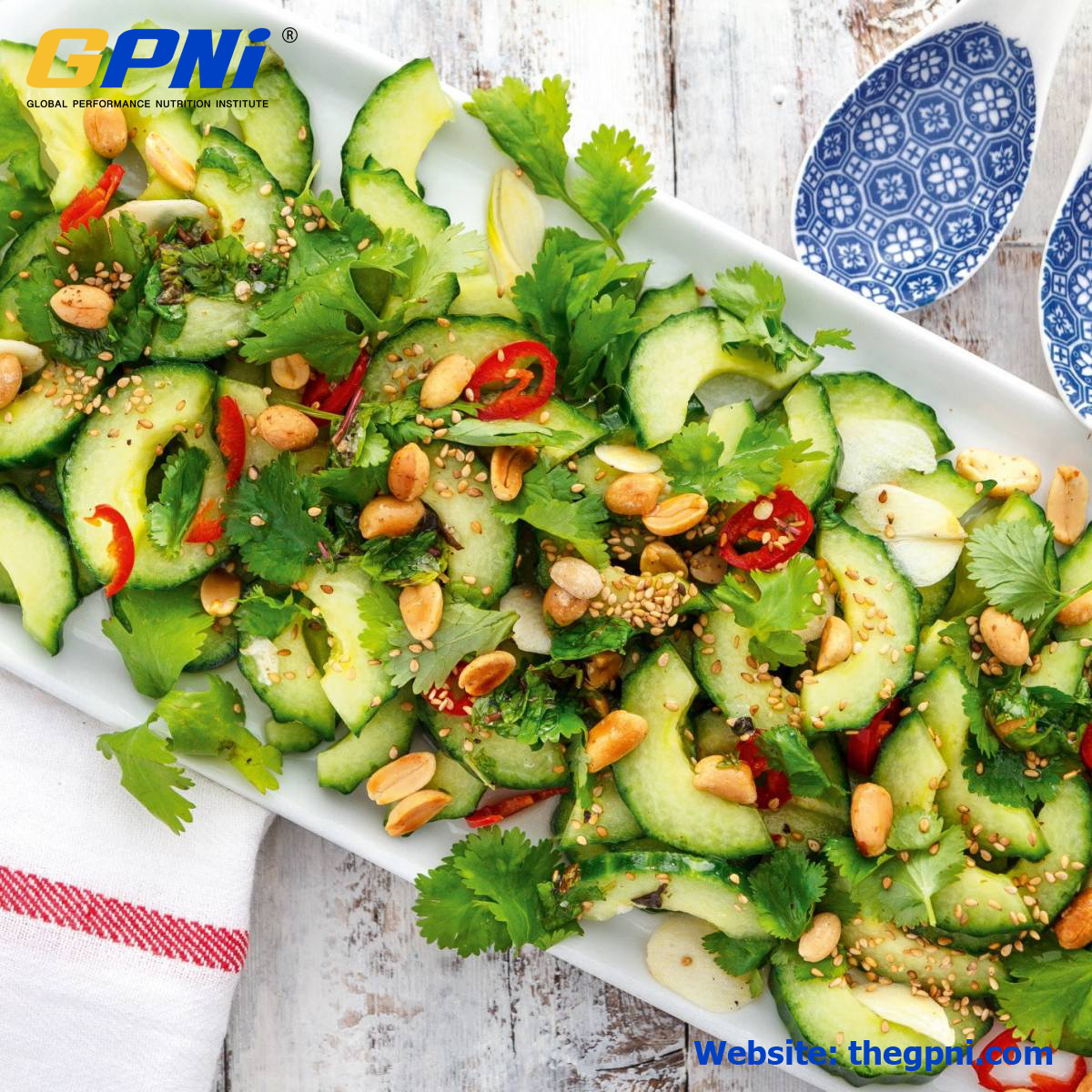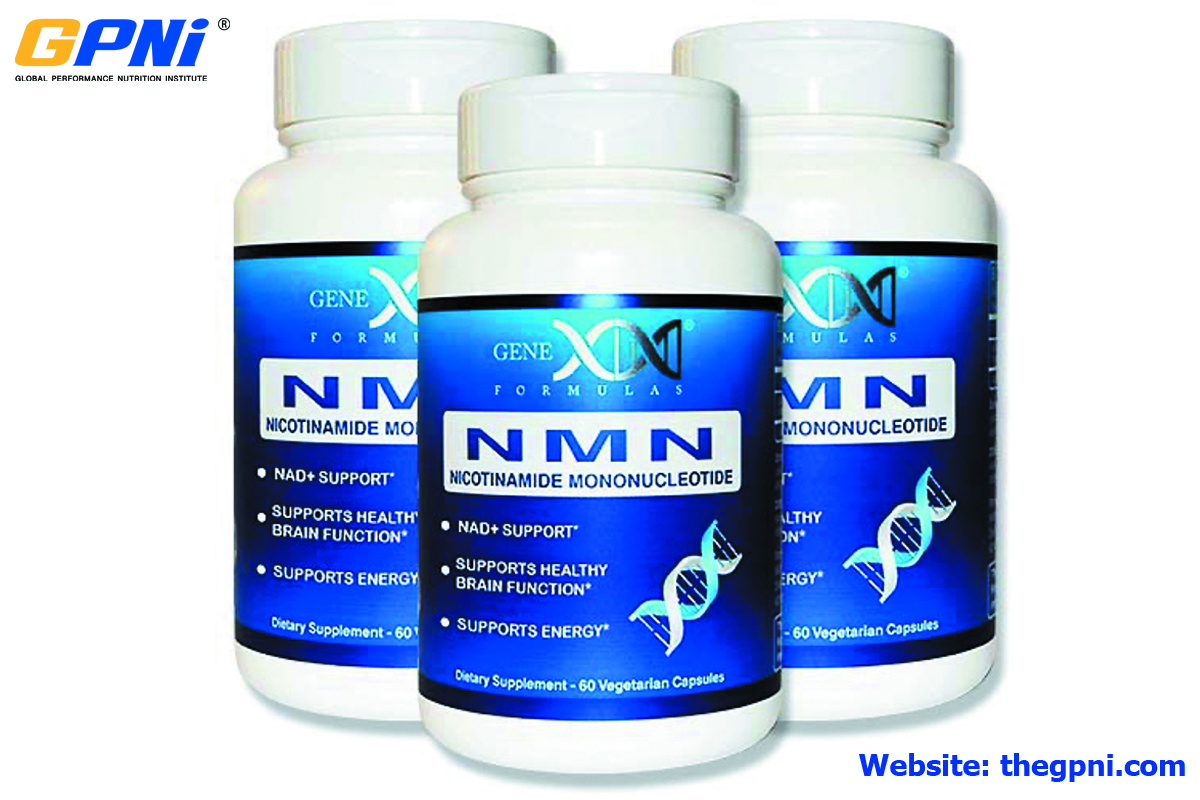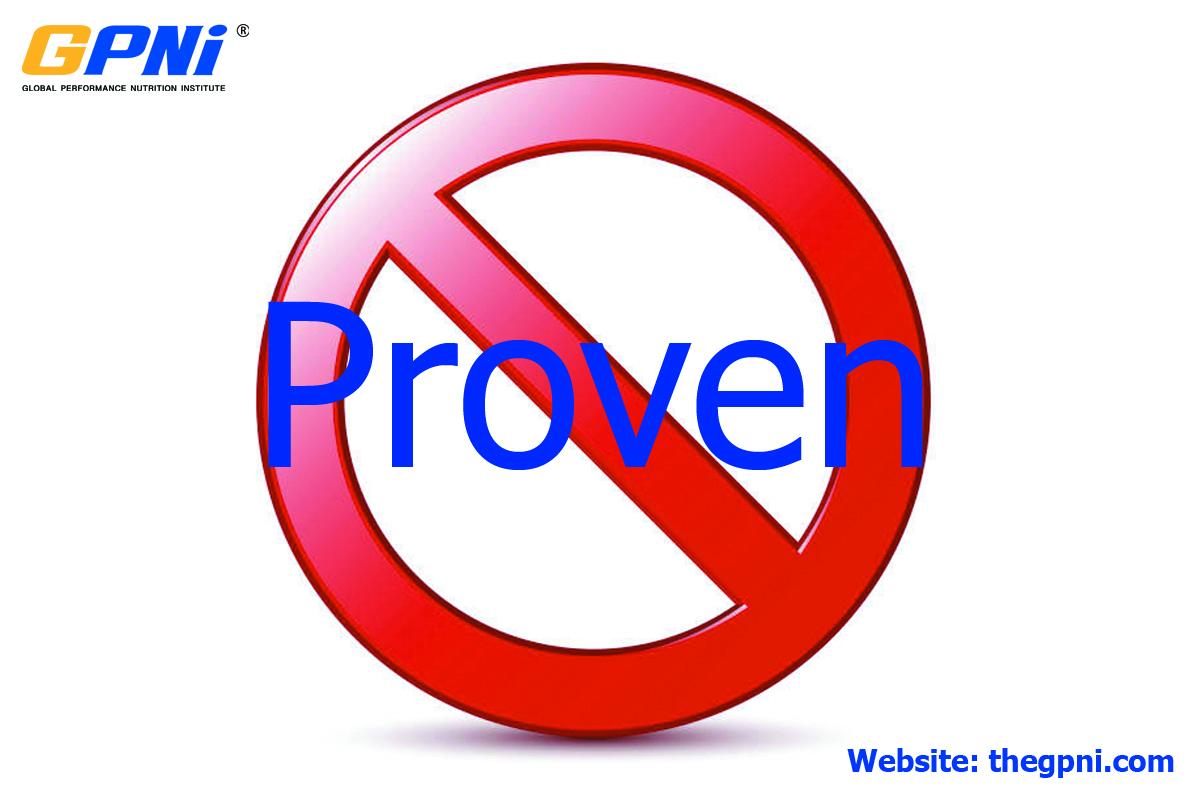So far, science on NMN is still on the speculative levels as nothing has fully been proven conclusive for human benefits or use. A majority of the research to date has been conducted on mice.
Is NMN Really That Good? Here is What The Science Says So Far
What is NMN?
Nicotinamide mononucleotide or NMN as it is popularly called is an immediate precursor of NAD+ (Nicotinamide adenine dinucleotide). This means that it is a major and essential molecular component required for the creation of NAD+.
NMN is a molecule, naturally occurring in every life form; both plant and animal. In most mammals, NMN is synthesized directly from vitamin B3 in the form of nicotinamide. Centrally, it has nicotinamide phosphoribosyltransferase (NAMPT), which is an essential inhibitor enzyme that acts as a catalyst for the conversion of NAMPT from nicotinamide to NMN, and this NAMPT exist both intra and extracellularly.
NMN is a member of the family of nucleotides and as an organic molecule, that makes it a major building block of RNA and DNA. It is usually synthesized directly from Vitamin B within the body. In terms of structure, it is composed of nicotinamide grouping which is made up of a nitrogenous base, a sugar, and a phosphate group.
What Is NAD+?

NAD+ is very key to physiological processes and facilitates over 50% of our psychological processes including cardiovascular protection, DNA damage repair, inflammation, and stem cell rejuvenation. It operates as coenzyme of cellular oxidation and is useful for activating NAD+ consuming enzymes, such as sirtuins, poly-ADP-ribose polymerases (PARPs), cADP-ribose synthases, NADase (CD38), and mono-ADP-ribose transferases (ARTs).
NMN being a major precursor of NDA+ is, therefore, of utmost importance to sirtuins as low NMN in NDA+ directly affects the biological functions of sirtuins.
Consequentially, low levels of NAD+ are attributed to physical disability and diseases such as cardiovascular disease, associated with age. To maintain healthy cellular levels of NAD+, one way is by administering nicotinamide riboside (NR) and NMN supplements, NAD+ precursors, to the body. This means that to produce more NAD+, we need more NRs and NMNs.
NAD+ was discovered in 1906, and this molecule has been a focus by scientists because of its amount in the body and the significant role it plays in molecular pathways that keep our body functioning properly.

In recent years, supplementation of NMNs has shown an increase in cellular NAD+ levels in several tissues in humans and rodents. NMN supplementation in a dose-dependent mode also boosts energy, physical activity, and neuronal process. Also, NMN has improved cardiac function in patients with Friedreich’s ataxia (FRDA) cardiomyopathy.
Sources Of NMN
Biologically, human cells cannot import NDA+ directly into the system, therefore, they have to create it from inside; from within the body. Whereas NMN has been shown to possibly more easily be absorbed into the cells of the small intestine, liver, pancreas, and fatty tissues. Even mice absorb NMN from their small intestine into their bloodstream within few minutes. Trace amounts of NMN are present in some food we eat, for example:

● Avocados
● Broccoli
● Cucumbers
● Cabbage
● Edamame (immature soybeans)
● Tomatoes
Even though these veggies contain some amount of NMN, it is not possible to eat enough of these vegetables to effectively boost NDA+ levels.
Despite their benefits, NMN supplements are not without criticism. The FDA has not yet fully approved it as a means to keep the drug from the market until it is thoroughly scrutinized and researched.

However, a geneticist, David Sinclair has publicly attributed his youthfulness and good health to NMN. He takes one gram of NMN daily in combination with 0.5 grams of resveratrol, and according to him, it keeps him young and healthy.

Although the science is new, therefore no conclusions can yet be made, NMN has no known adverse effect even at high doses over a long period. It has also been shown to have no signs of increased cancer risk even though it affects angiogenesis—the formation of new blood vessels. With so little discovered about NMN, it has so far proven to be positive in all animal tests and especially in older mice, though more research is needed.
Possible Benefits Of NMN
1. Anti-aging
In the pharmaceutical sector, NMN in theory successfully slows down the aging process due to its role in coenzymatic catalysis of the NAD+ present in mammals.
Harvard scientist and geneticist David Sinclair proposed a figure that depicts the mechanism by which NAD+ levels can be increased in the body alongside corresponding health benefits. This figure is depicted by what he called nicotinamide mononucleosis.
In mice models research for disease and aging, NMN has shown to demonstrate some effectiveness. In these same studies, it has shown well possibly some benefits ranging from diabetes to Alzheimer’s disease to ischemia mostly recorded in the older age population. More research also is needed to prove it is equally effective and safe for humans, however has so far shown some positive results in these mice studies.
When orally administered, NMN has been shown to be quickly synthesized into NAD+ in tissues in mice. NMN has also been possibly shown to be able to suppress:
● Age-associated weight gain,
● Enhance energy metabolism and physical activity,
● Improve insulin sensitivity,
● Improve eyesight,
● Improve mitochondrial metabolism and even prevent age-linked changes in gene expression.
2. Sports
In a study investigating the effects of NMN supplementation in boosting aerobic capacity in amateur runners. The preliminary research published on the Journal of the International Society of Sports Nutrition (JISSN) revealed that NMN does increase the aerobic capacity of humans during exercise. The improvement is likely because oxygen utilization of the skeletal muscle is enhanced.
Read more
3. Treatment of Alzheimer's disease
Alzheimer’s disease is a disorder involving loss of brain function resulting from brain tissue damage and is usually associated with old age. Due to this decrease in brain function, adequately administered NMN can cross the blood-brain barrier and improve blood flow to the brain, given that blood flow to the brain is undermined in hypertension, Alzheimer’s disease and stroke. Though these conclusions has only been researched so far on mice, so more studies are needed with human trials before any conclusions can be made.
In these studies, both NMN and nicotinamide riboside (NR) reduced neuro inflammation and improved memory, learning, and motor control. NMN also reduced β-amyloid plaque levels in the brains of diseased mice
4. Improve fertility
Medical reports show that people who take NMN show increased libido for both males and females and some biotech companies have discovered NMN derivatives can make old animals fertile again.
5. Reverse In Menopause
Dr. Sinclair and his team researched female subjects during the test along the line of hypothesis, they started adding NMN to the water of the aged post-menopaused female subjects of mice. They noticed that the females were able to reproduce for longer, and when the egg cells were studied, they found that the DNA and chromosomal content were normalized to the equivalent of a younger egg cell, and these female subjects were able to reproduce once more.
Therefore, the results of their research show that NMN may be effective in slowing down and possibly even reversing menopause. Potentials are that it will serve as a non-invasive fertility treatment.
6. Damaged DNA Cells Repairs
Abnormalities may arise at the chromosomal level in old ages, and these chromosomal abnormalities can arise due to damage in DNA. It is theorized that with NMN, this condition can be curtailed.
After irradiation, mice that got a single oral dose of NMN showed higher levels of red blood cells measured by hemoglobin versus mice that didn’t receive any NMN after irradiation.
Conclusion
So far, science on NMN is still on the speculative levels as nothing has fully been proven conclusive for human benefits or use. A majority of the research to date has been conducted on mice.

However, while NMN increases the aerobic capacity of humans during exercise training, the improvement is likely the result of enhanced O2 utilization of the skeletal muscle.
Based on the above NMN may yet be the much-needed solution to a lot of health-related issues, but till it’s proven beyond a reasonable doubt, it will be safe to say that NMN is still at its immature stage in scientific development.
ISSN Sports Nutrition Specialist (SNS®) International Certification Course
The renowned global authorities, pioneers, researchers of The International Society of Sports Nutrition (ISSN®) have partnered with Global Performance Nutrition Institute (GPNi®) as the official portal for the ISSN Sports Nutrition Specialist (SNS®), and Sports Nutritionist (CISSN® – Master Level) online courses and certifications.
Take your career to the next level and upgrade your skills and credentials to be the best and internationally accredited.
• Be amongst the global leading network of elite sports nutrition experts and researchers.
• Learn the most cutting edge and scientific backed nutrition strategies from elite level athletes right through to everyday people simply wanting to be their best.
• Get direct access to the world’s top Ph.D. experts in the field of sports & performance nutrition with “live streaming” Q&A and presentations.
• Be amongst a class with no more than 20 students per class to ensure quality interaction and dedicated teaching and delivery.
For more information, please get into contact with us or learn more on the page.
References:
https://jissn.biomedcentral.com/articles/10.1186/s12970-021-00442-4
https://www.nmn.com/precursors/what-is-nmn
https://www.nmn.com/precursors/what-is-nmn
https://www.nmn.com/precursors/nmn-benefits-side-effects-dosage
https://www.ncbi.nlm.nih.gov/pmc/articles/PMC7238909/
https://novoslabs.com/can-nmn-slow-down-aging/







